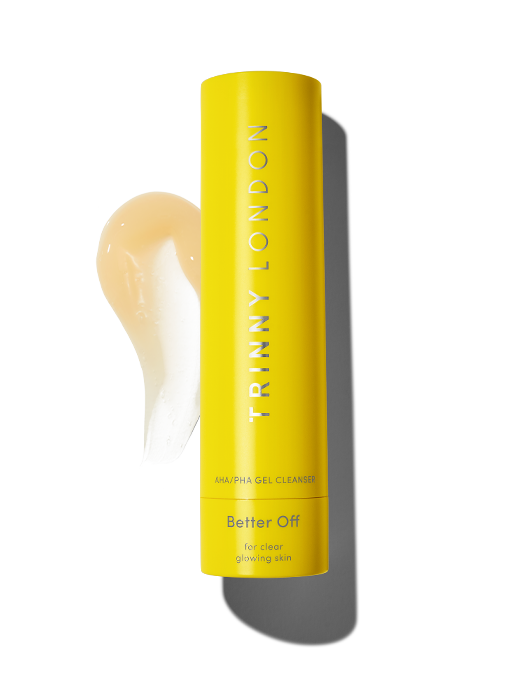
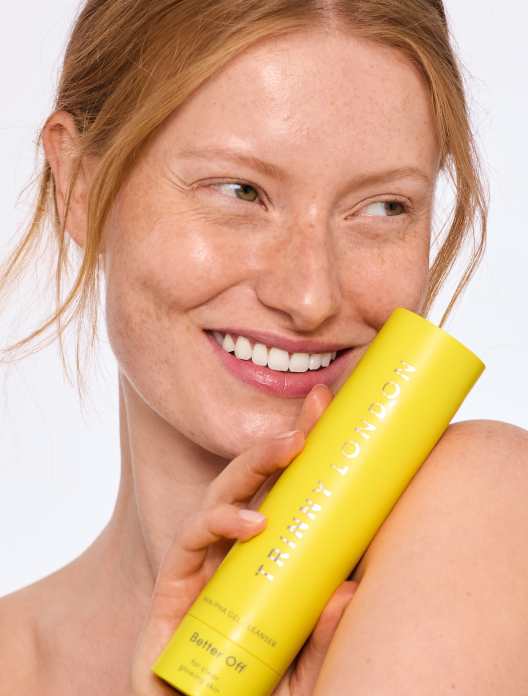
Better Off
Exfoliating gel cleanser for clear, glowing skin, suitable for all skin types
Choose 3 free samples with every order

During the summer, our skin tends to go one of two ways. Either, we find ourselves feeling like an extra in a perfume advert – all glossy and glowing skin, adorned with deliciously salty beach waves – or, we feel quite the opposite. Sweat-inducing rising temperatures can cause blemishes to boil and bubble at the surface, as well as driving redness in the skin.
If you sit in the former camp, firstly, lucky you. According to Consultant Dermatologist Dr Justine Hextall, these skin improvements during the summer can be down to a few different factors. “Firstly, our skin doesn’t have to tolerate as many temperature fluctuations, such as central heating and cold, dry chapping winds which can exacerbate skin conditions such as acne. The second benefit in the summer is the increase in vitamin D from UV that may well help to reduce inflammation. Finally, UV itself helps to directly suppress inflammation by dampening down the immune response.” Essentially, the sun can help clear up breakouts, which is why you may find your skin looks clearer during the summer.
Unfortunately for some, the opposite can happen – the reasons for which are not quite so straightforward. “This is more complicated,” says Dr Hextall. “Firstly, we know that rosacea can be triggered by UV, so an increase in facial spots may actually be rosacea, especially if they’re in the central cheeks, nose and forehead area. Warm, humid weather can also reduce the skin barrier function by causing inflammation and skin infections such as yeast folliculitis, which can be mistaken for acne.” Beware of self-diagnosis though (or turning to Google) as getting a proper opinion from a qualified doctor or dermatologist is key. If breakouts are a common theme on your complexion, then it’s likely to be the increase in temperature that’s driving your summer blemishes. “Sweat, oil and dead skin combine to block pores, which can exacerbate acne, especially on the back,” adds Dr Hextall.
Sweating while we sleep is nothing new, but the levels of overnight perspiration can increase as the mercury rises. Cue waking up to a sticky, glazed complexion and flat, lank hair. Making sure you’re swapping and washing your pillowcase regularly will help prevent a buildup of bacteria transferring itself onto your skin. Our hair has a big part to play here too, with long locks and fringes two of the most common culprits and aggravators of breakouts.
The trend for athleisure wear means many of us stay in our activewear long after the class has finished, and this might just be the reason why you’re batting summer breakouts on the body. Tight, damp clothes create a welcoming environment for bacteria, so it’s best to swap them for something looser and more lightweight. “If the weather is hot and humid, remember to wash – especially after exercise,” says Dr Hextall. “Wear fabrics that allow skin to be cool and dry such as cottons.”
Annoyingly, spots don’t tend to disappear without a trace. Instead, they leave their mark, which can prevent skin from looking clear and fresh long after your breakouts have passed. Hyperpigmentation is more common during the summer months, so make sure you’re taking steps to protect your skin. That means wearing a broad-spectrum, high-factor everyday, supported by an antioxidant serum like vitamin C. Avoiding picking, prodding and playing with your spots will also decrease the risk of marks and spot scars.
You might be jetting off on holiday during the summer months, but that doesn’t mean you should take a break from your skincare too. Our complexions like consistency, and changing your skincare routine, or skipping it entirely, can have consequences when it comes to keeping breakouts at bay. Sticking to a good daily routine will stand you in good stead.
To keep your skin clear during the summer, keep your skincare routine consistent.
Regular cleansing is an easy win when it comes to keeping your skin clear during the summer. Be wary of overdoing it though. Once in the morning, and twice in the evening, is the ideal amount. At night, a double cleanse is required to first remove the daily build up of sweat, grime, SPF and makeup, and secondly to give the pores a thorough clean out. Come morning, there’s no SPF or makeup to remove, so one wash will suffice.
Spots are formed when dead skin cells and oil combine to block a hair follicle. It makes sense, then, that if you take the dead skin cells out of the equation, then blockages won’t be able to form. Liquid exfoliants do just that, breaking down the bonds that hold these old, no-longer-needed cells to the surface of the skin. Beta-hydroxy acids (BHAs) are best for oily complexions, but can be too harsh for sensitive skin or anyone who’s new to the acid category. In this instance, start first with their gentler relative, poly-hydroxy acids (PHAs).
Retinoids can help to speed up the rate at which cells turnover, making them good ingredients for clearing both blemishes and hyperpigmentation. They are strong though, so should be introduced to your routine slowly, especially during the summer when skin may be more sensitive.
There’s an understandable temptation to want to forgo moisturiser when your skin is sweaty and overwhelmed, but removing it from your routine entirely can lead to dehydration. Instead, look to lightweight formulas with ingredients like niacinamide and hyaluronic acid to hydrate skin and help with oil flow.
Feel like SPF gives you spots? You could be right. Some formulations can be heavy, leading to blocked pores and breakouts. If this is the case, make a beeline for light fluid formulations or those labelled as “non-comedogenic”. A good SPF is a non-negotiable part of your daily routine.
Shop the article


Exfoliating gel cleanser for clear, glowing skin, suitable for all skin types
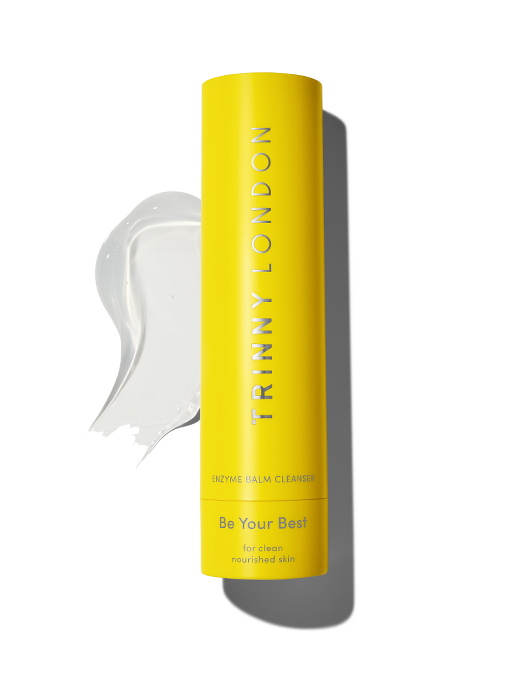
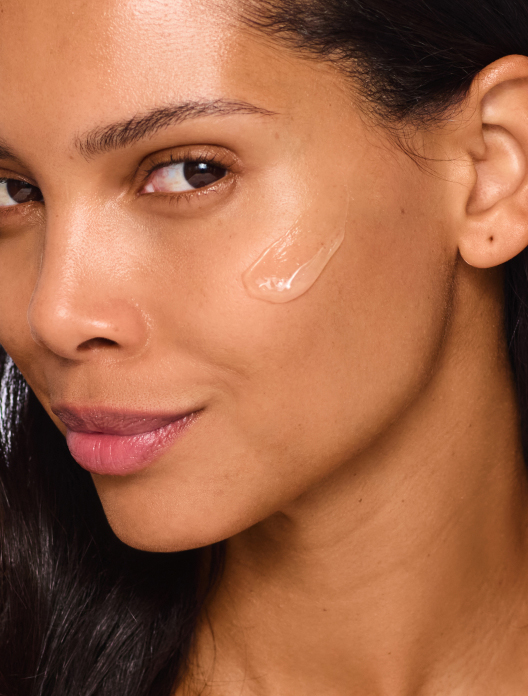
Oil-based transforming cleanser for clean, nourished skin, suitable for all skin types
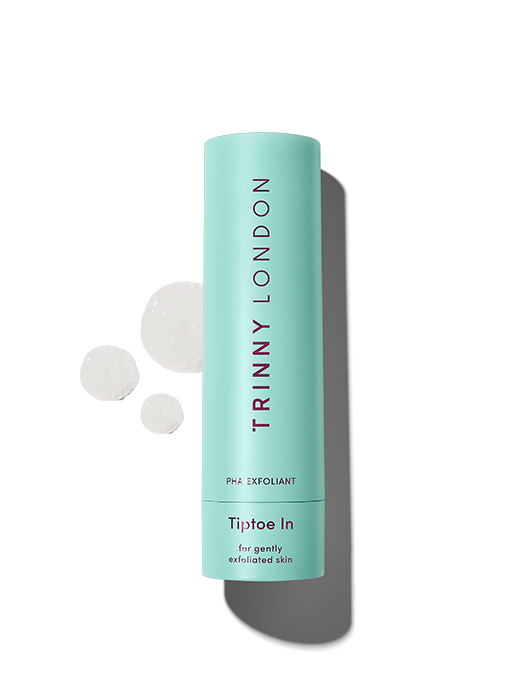
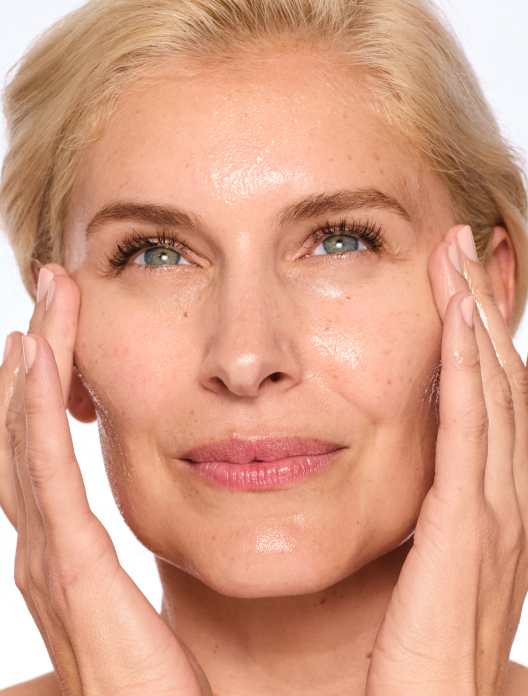
Kind-to-skin exfoliant for radiant skin, suitable for all skin types
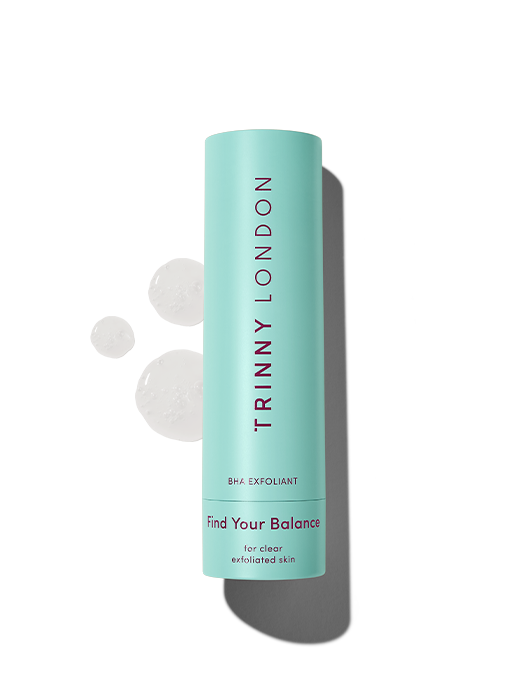
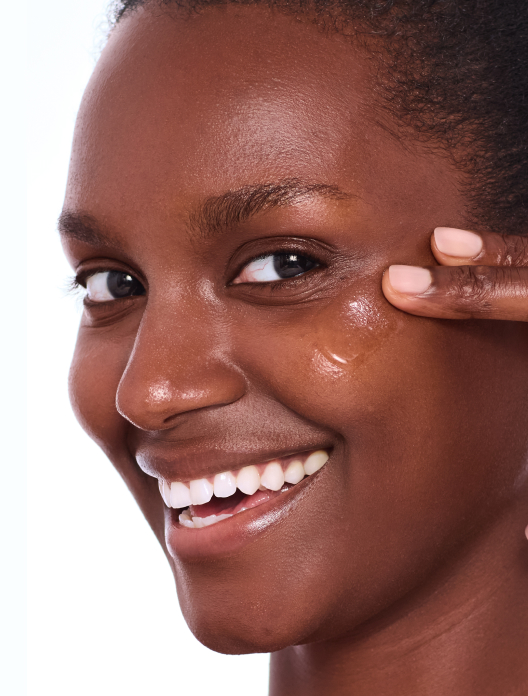
Clarifying complex to tackle blemishes

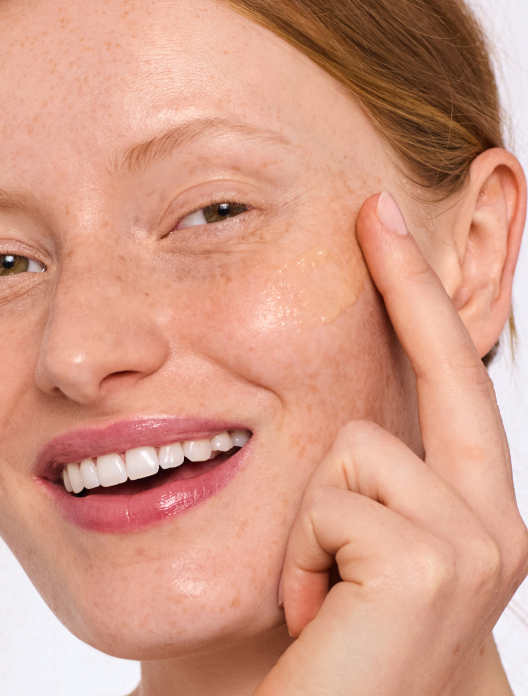
30% vitamin C serum for visibly brighter, glowing skin, suitable for highly experienced skincare users (not for sensitive skin)
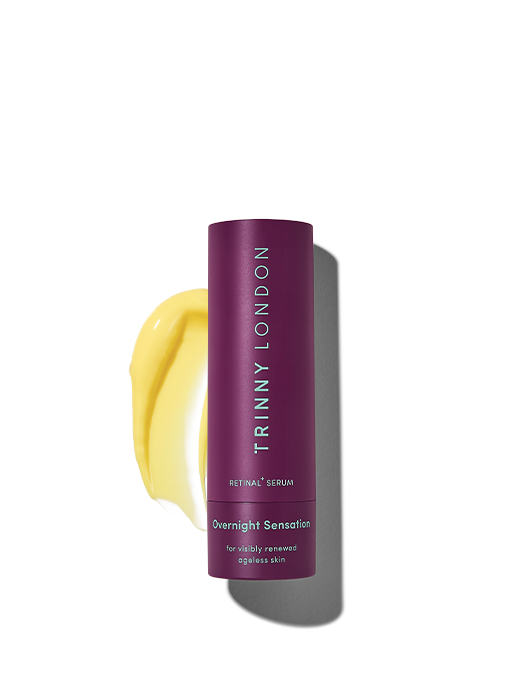
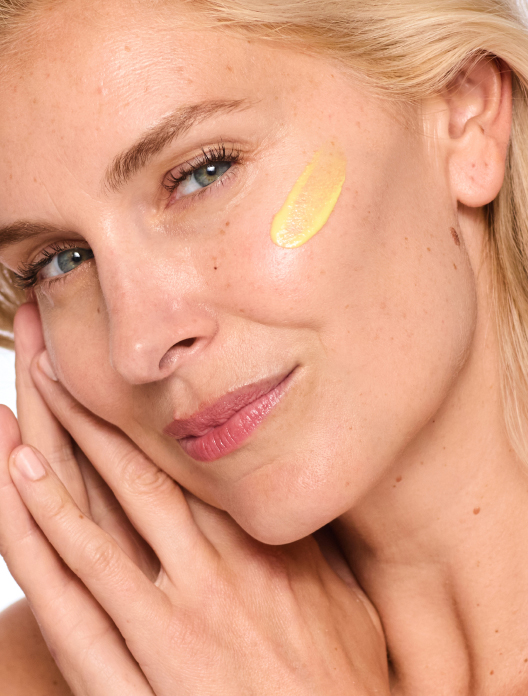
High-dose retinal serum for renewed, smooth skin, suitable for all skin types
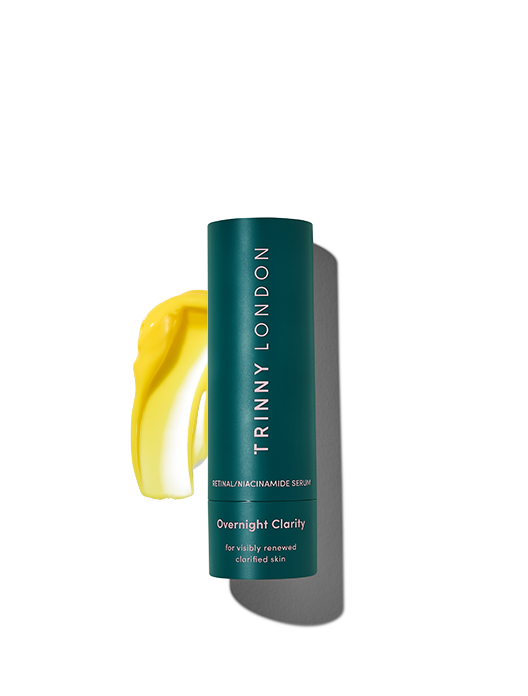
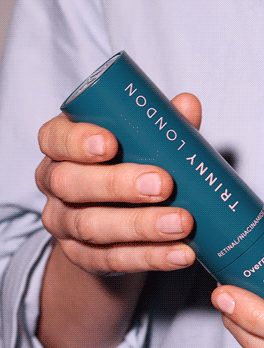
Retinal/niacinamide serum for visibly smooth, even skin, suitable for all skin types
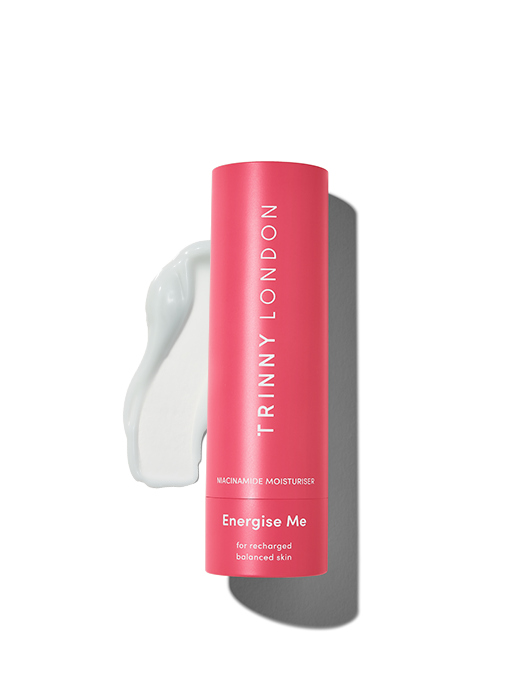
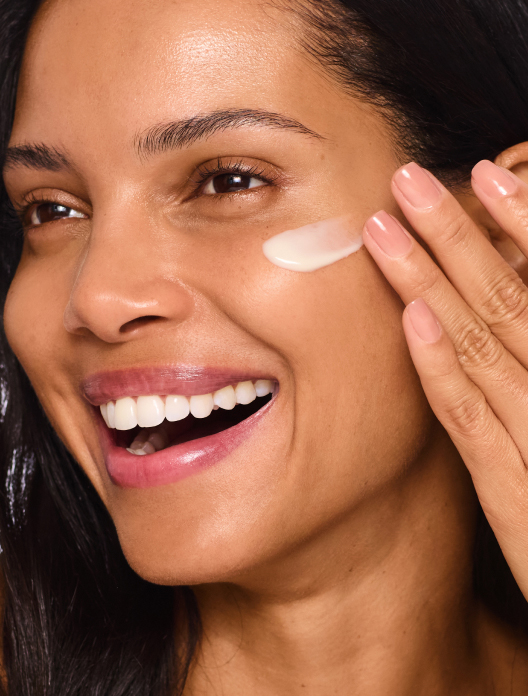
Niacinamide moisturiser for clear, energised skin, suitable for normal to oily skin



 5 shades
5 shades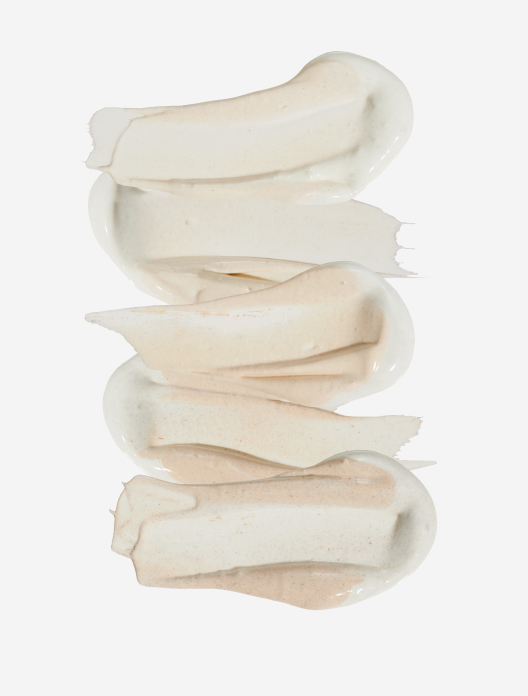
SPF 30 to protect, perfect and give skin a healthy glow
Choose shade